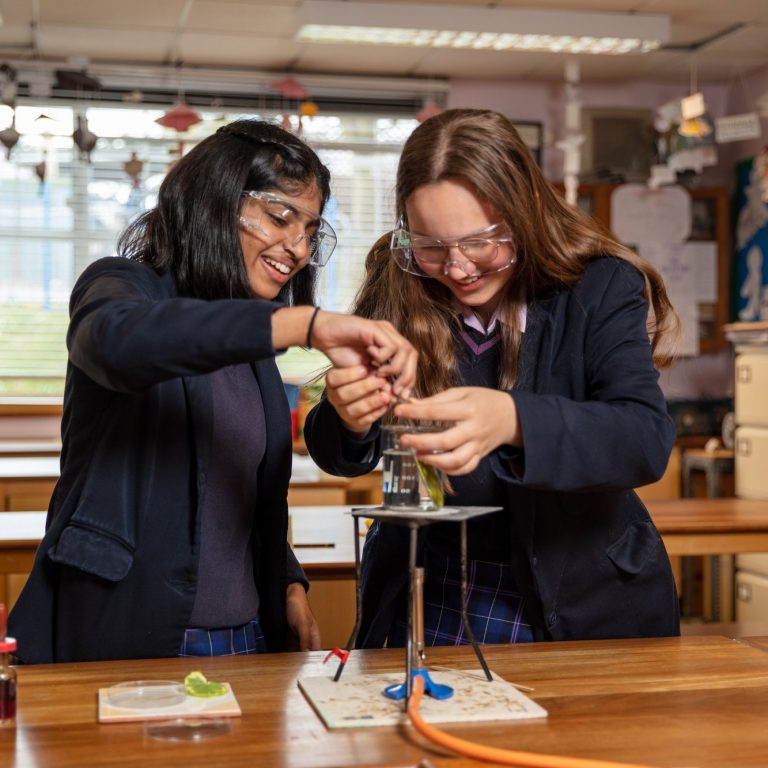The study of Latin is an enriching and exciting experience in its own right, but also has immense cross-curricular value. Latin forms the basis of several modern languages, and our own history and culture has been profoundly influenced by the Romans. Students enjoy the challenge of the language and are gripped by the stories of Roman life, meaning many choose to continue their study at a higher level, with considerable success; the Latin Department is extremely proud of its high uptake at GCSE and A Level. We are also happy to help keep the subject thriving within the state education system.
Students begin Latin in Year 8 then continue until the end of Year 9, when they may choose to continue with the subject at GCSE level. We have recently transferred to a new course book series, Suburani, which provides an excellent linguistic grounding in the complexities of grammar and provides a broad range of vocabulary, as well as placing the language within a cultural and historical context, allowing students to gain an insight into life within the Roman world. This cultural exploration is in the broadest context, looking at the various extremities of the Roman Empire and its impact on people in a variety of socio-economic circumstances. Students will follow Book 1 of the course in Year 8 and 9, progressing to Book 2 as a preparation for GCSE language studies. In Year 11, focus is on preparation of the prescribed literature selections from the OCR or Cambridge Latin Anthology. Students study a wide selection of Roman authors, both prose and poetry, giving them an excellent taste of Latin literature.
The OCR GCSE course provides an excellent foundation for the rigours of further study at A Level, where we also follow OCR’s course of study. Translation practice is undertaken by reading a wide range of authors in Year 12, and focusing on specific unseen authors, Ovid and Livy, in Year 13. Prescribed texts are prepared in lesson time. These currently include Ovid, Cicero and Virgil.
The Classics Department undertakes a wide range of extra-curricular activities in the school, ranging from Ancient Greek club to Linguistics Club. We have been very pleased to collaborate with the Philosophy of History Society in welcoming Classical Speakers to the school, and also arrange visits off-site for this purpose, as well as trips to dramatic productions, including the historic, triennial Cambridge Greek Play.



